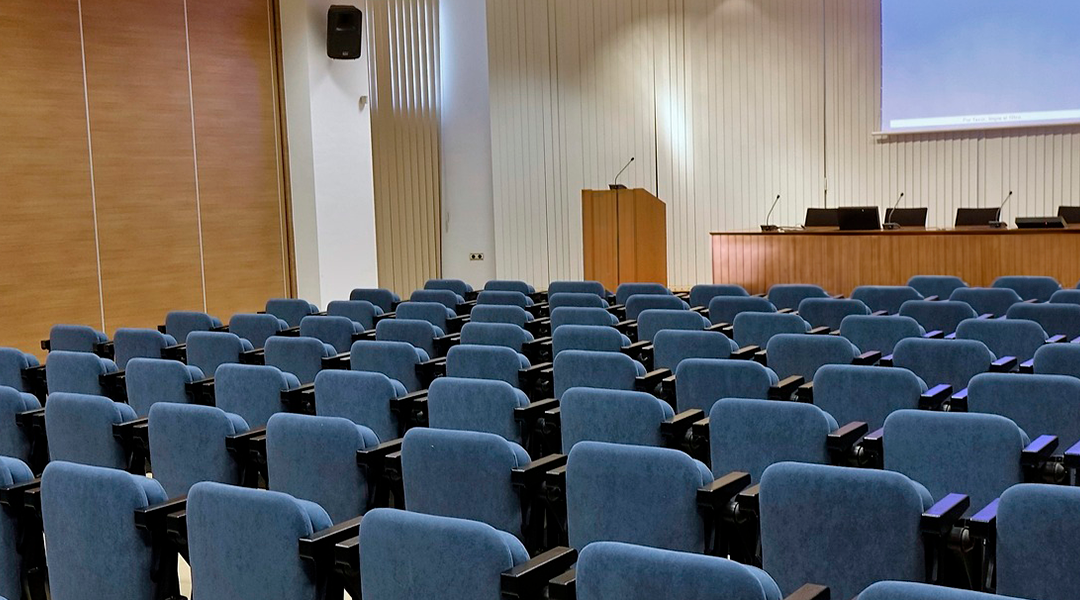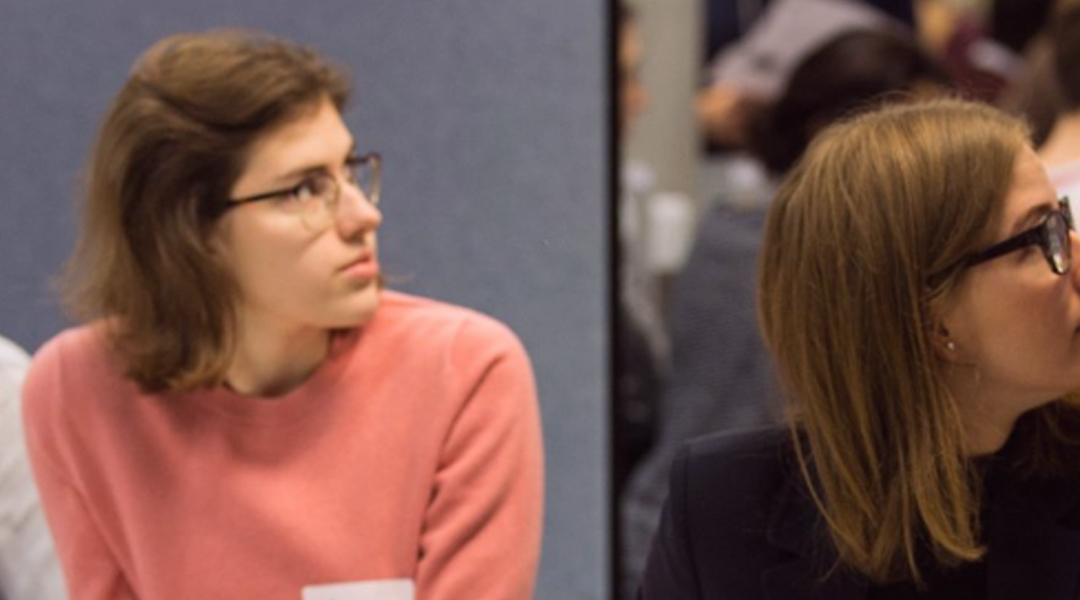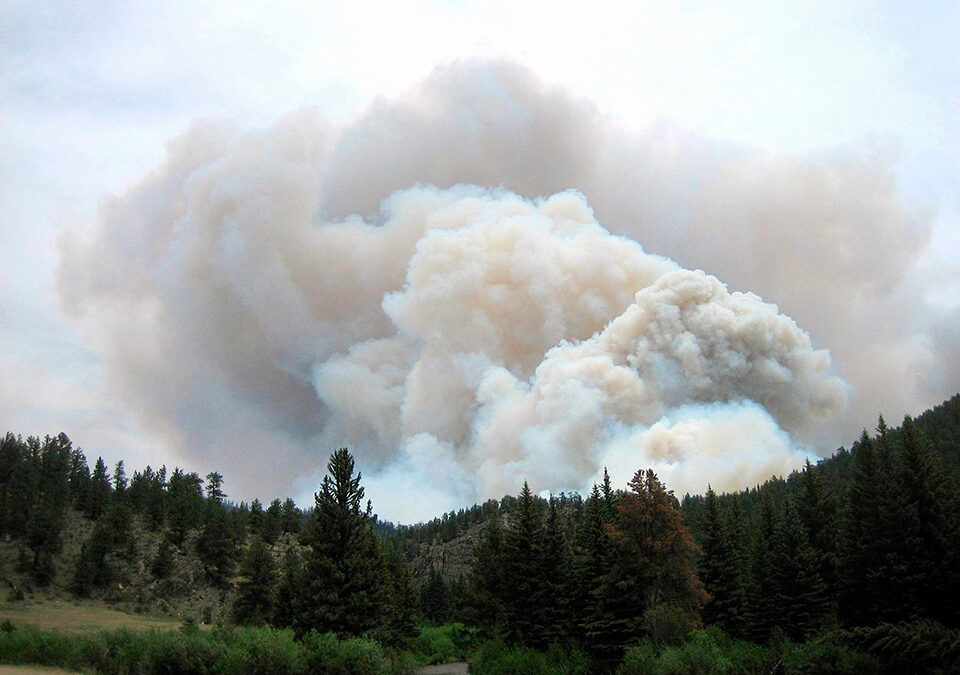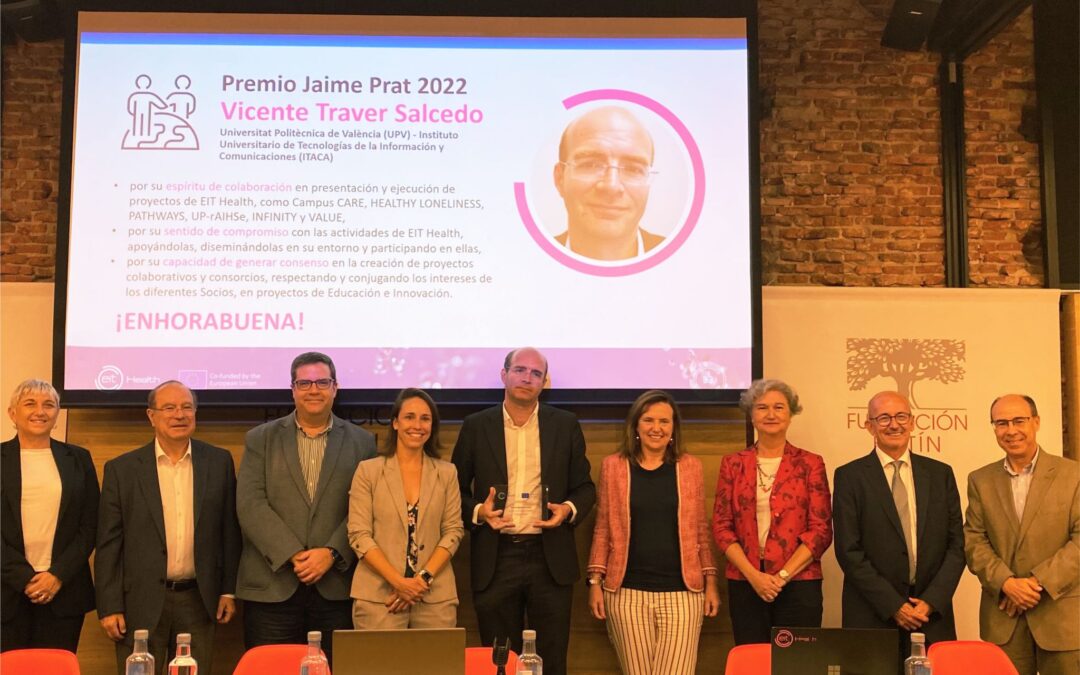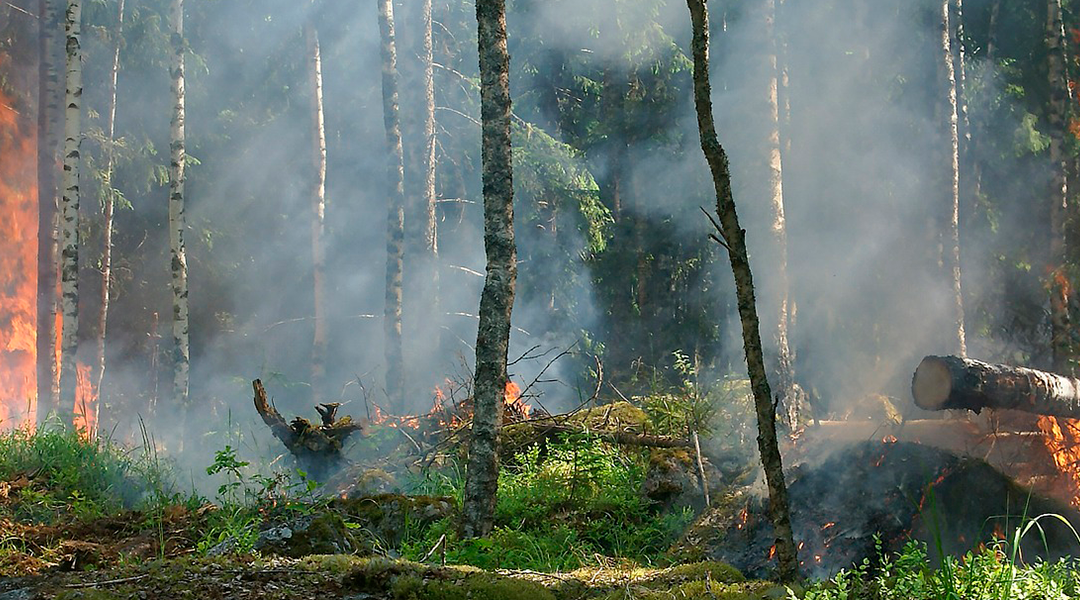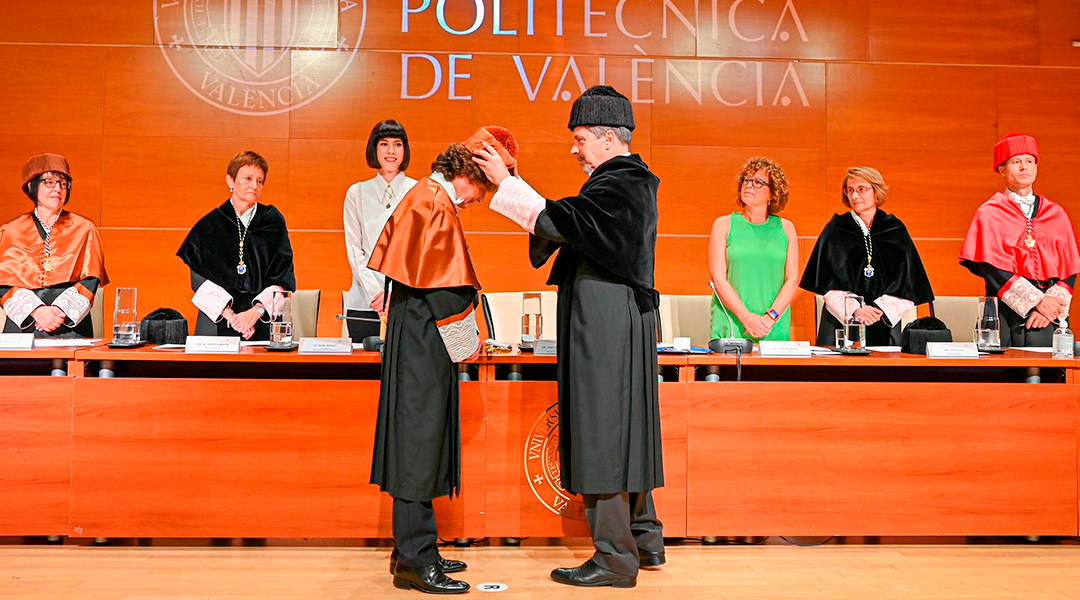
por Itaca | 10 Nov, 2022 | Entradas, Notice board
On December 9, at 11:00 a.m. in the Maxwell Room (4D building) of the Higher Technical School of Telecommunications Engineering, Universitat Politècnica de València, the reading and defense of the Doctoral Thesis “Design and development of a multi-frequency system for...

por Itaca | 4 Nov, 2022 | Destacadas, Entradas, Notice board
For the third consecutive year, the Innovation Days Valencia 2022 (i-Days) will take place at the Universitat Politècnica de València (UPV) on 4 and 5 November. The i-Days promote healthcare innovation among university students through dozens of one- and two-day...

por Itaca | 4 Nov, 2022 | Destacadas, Entradas, Notice board
Climate change has driven countries and organisations worldwide to search for solutions to help mitigate or prevent its effects. While forests are suffering, they are also crucial to reducing emissions, as they are the most critical earth’s carbon sinks: they...

por Itaca | 19 Oct, 2022 | Destacadas, Entradas, Notice board
For his spirit of collaboration, his sense of commitment, and his ability to generate consensus in EIT Health activities, the winner of the Jaime Prat 2022 Award has been Vicente Traver Salcedo, professor at the Universitat Politècnica de València (UPV) and head of...

por Itaca | 7 Oct, 2022 | Destacadas, Entradas, Notice board
More than one million tonnes of carbon dioxide were emitted due to the forest fires that have severely affected the Valencia Region this summer. To put it in perspective, José Vicente Oliver, professor at the Universitat Politècnica de València (UPV), explains that...

por Itaca | 13 Sep, 2022 | Entradas, Notice board
The Universitat Politècnica de València has inaugurated the academic year 2022-2023 in an act in which the professor of the Universitat de València Jordi Garcés has been invested as doctor honoris causa. He is the director of the Institute for Research in Social...